Social Media, Self-Expression, and Self-Determination in Gaza

Youth in Gaza have engaged in the digital revolution, especially through social media platforms, to express themselves and critique their corrupt leadership. What are the implications of this turn to technology for Palestinians in Gaza? Can this form of expression affect change in leadership and foster self-determination? Al-Shabaka policy analyst, Ali Abdel Wahab, explores these questions in our latest commentary.
Arab Normalization and the Palestinian Struggle for Liberation
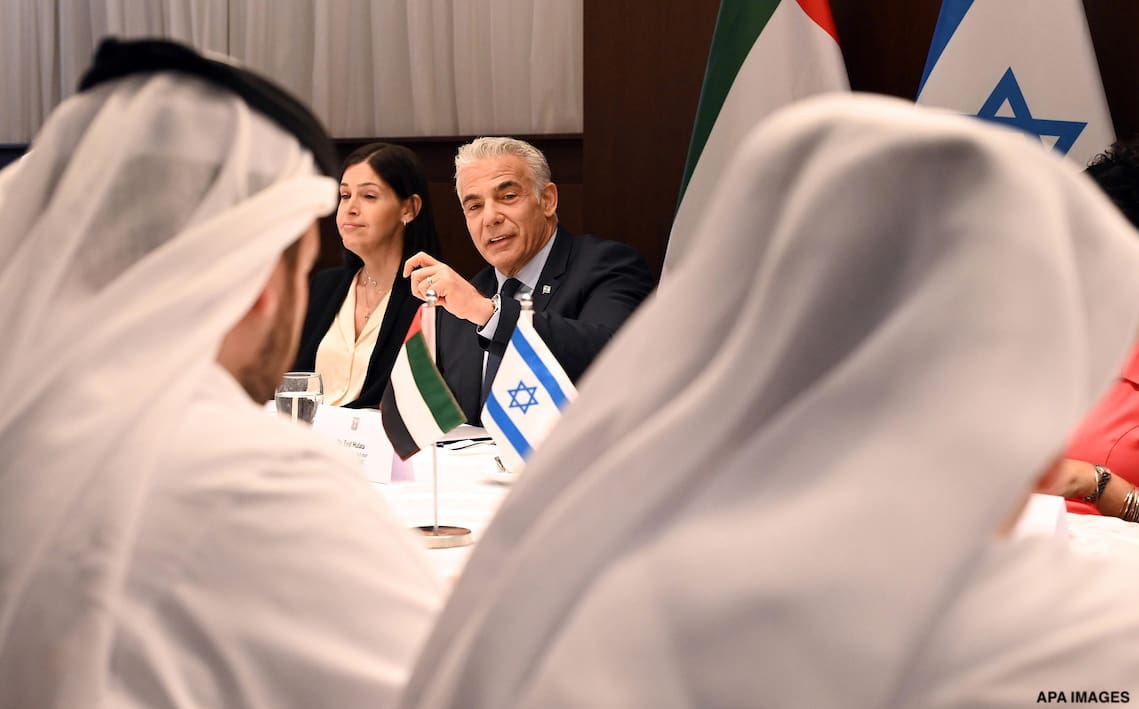
While normalization deals between the Israeli and Arab regimes continue to spread and deepen, they have historical precedent across the region. In our latest commentary, Al-Shabaka’s senior analyst, 24588, situates contemporary normalization maneuvers in historical and geopolitical contexts, and describes the implications of these worrying policies on Palestinian liberation and the future of the region.
Reconstituting the PLO: Any Place for Hamas and Islamic Jihad?
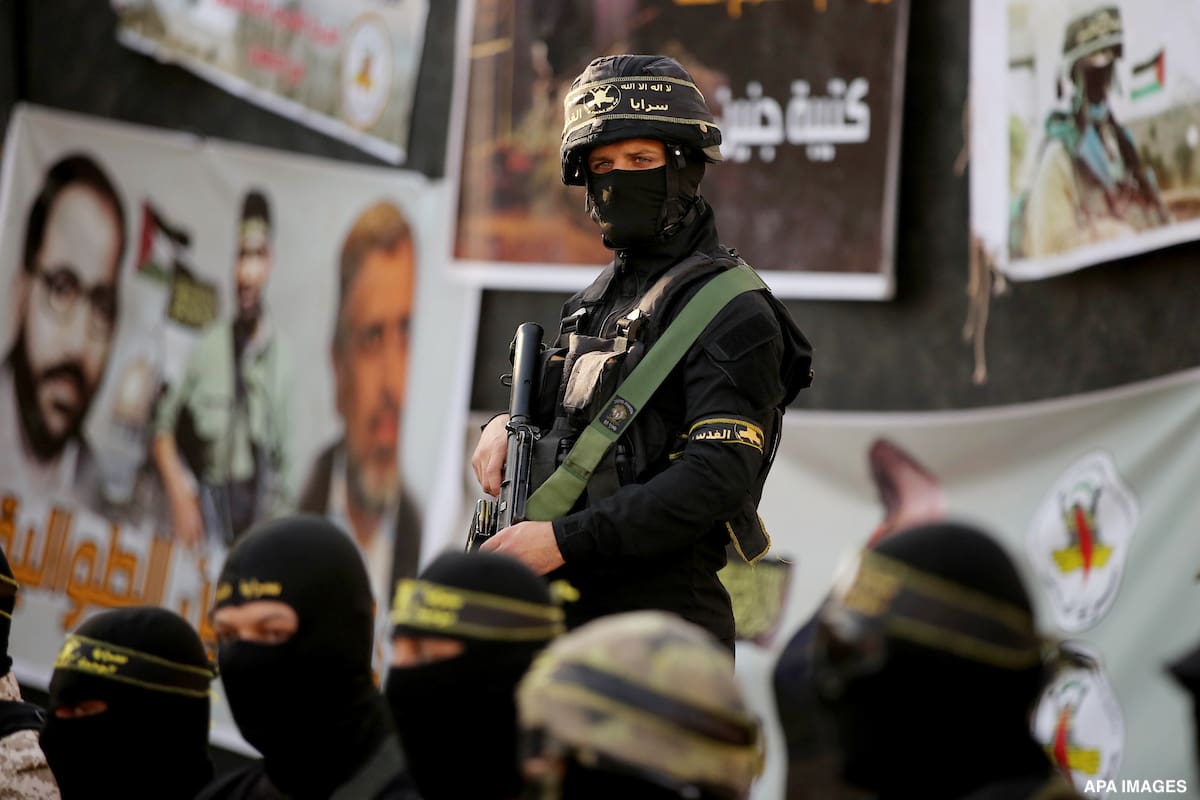
In light of the evolving roles of Hamas and Islamic Jihad within Palestinian resistance, we revisit our August 2020 piece about incorporating them into a restructured PLO. Al-Shabaka policy analyst, Belal Shobaki, analyzes the movements’ doctrinal and political characteristics since their establishment, and identifies how they can be included in a rebuilt liberation movement.
A Palestinian Response to Global and Regional Trends
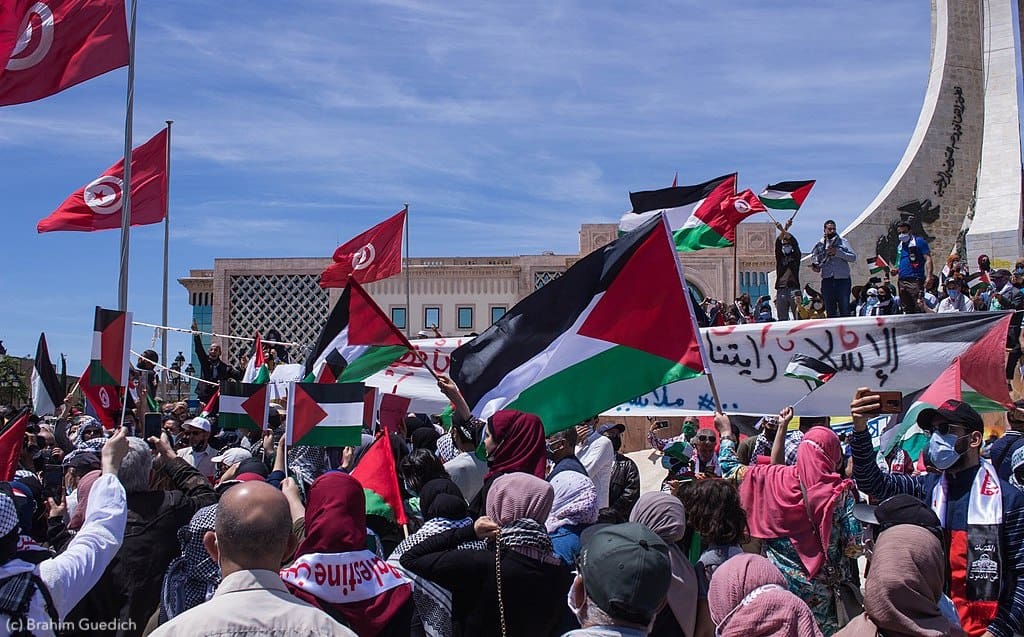
From popular uprisings and repressive security regimes, to normalization agreements between Israel and Arab states, global and regional developments over the past decade have dramatically impacted the Middle East and North Africa. What are the implications of these trends on the Palestinian struggle for liberation? In this commentary, Al-Shabaka’s board president, Tareq Baconi, investigates this question and more.
Palestine Beyond Partition and the Nation-State
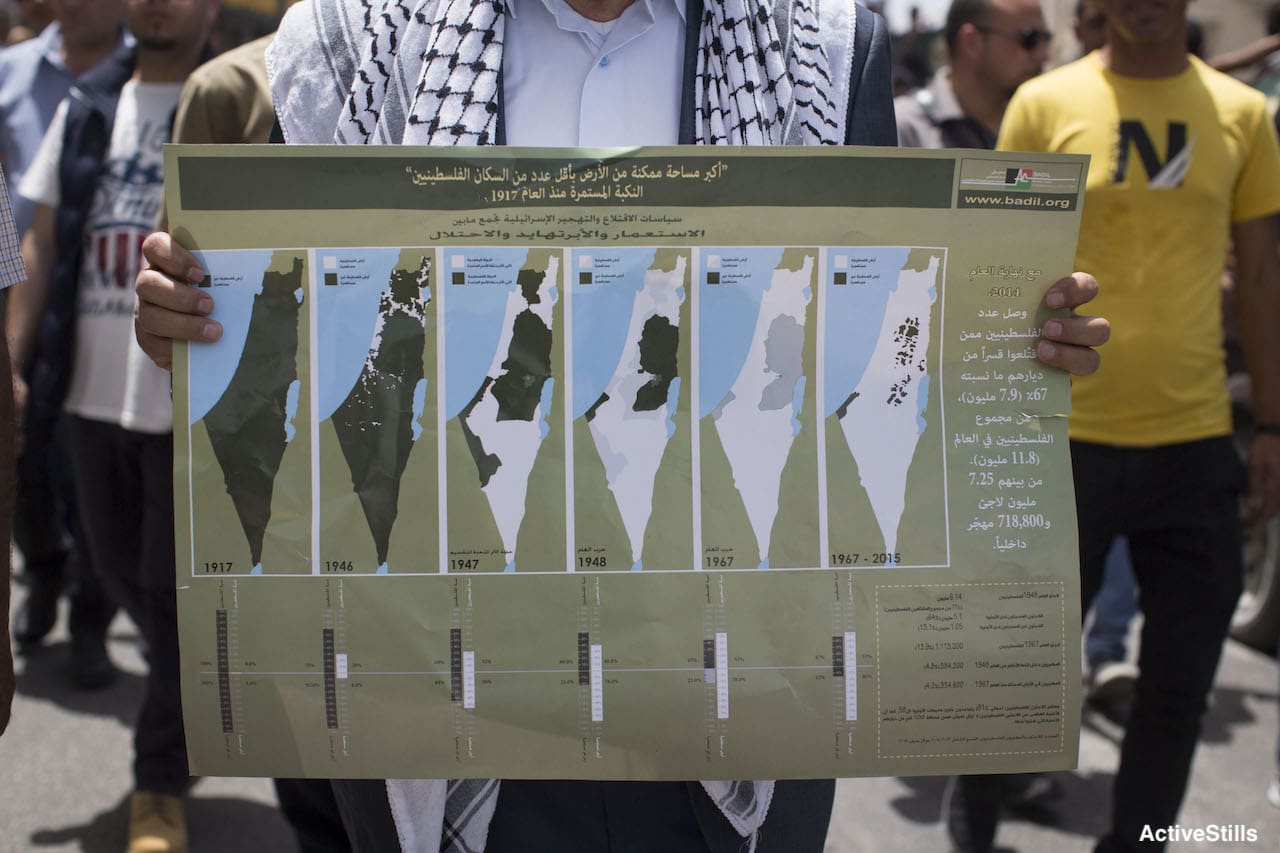
What does Palestinian statehood beyond partition and the nation-state framework look like? Which alternatives exist and what are the challenges they might present? Al-Shabaka sits with policy analyst Leila Farsakh to discuss these questions and more, following the publication of her new edited volume, Rethinking Statehood in Palestine: Self-Determination and Decolonization Beyond Partition.
Palestinian Representation: Elections vs. Consensus-Building
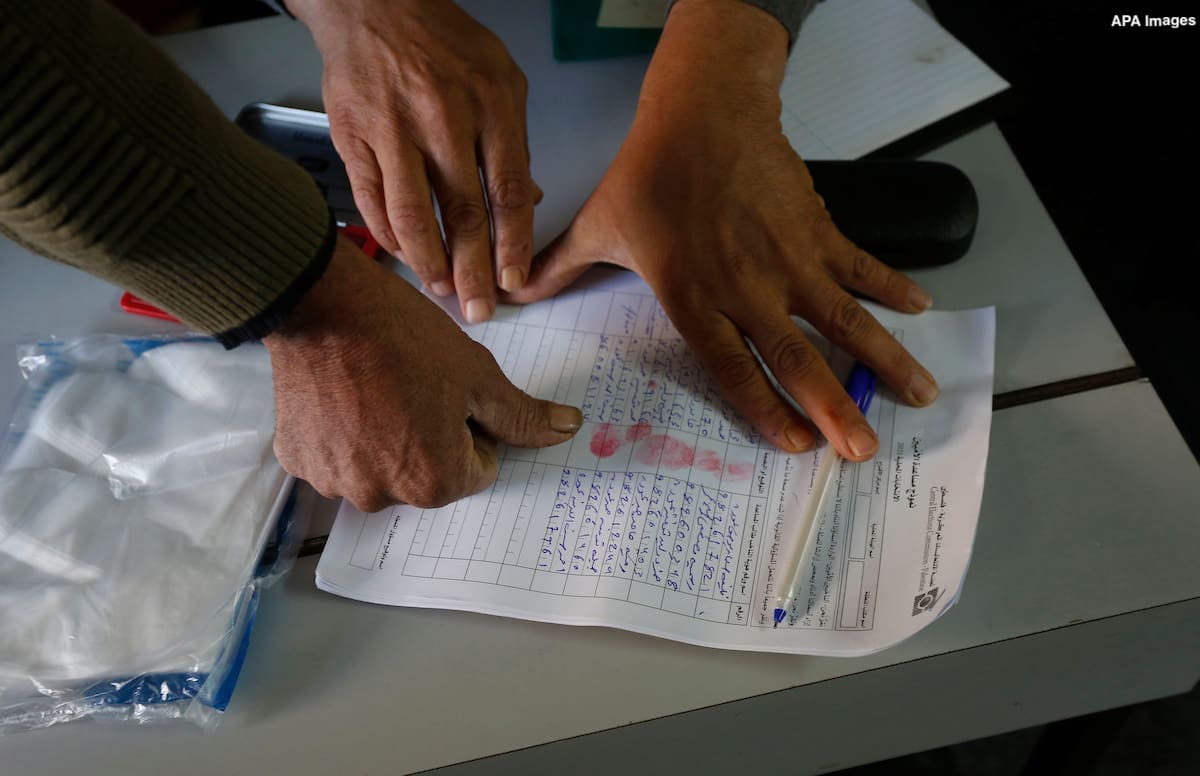
In light of the March 2022 Palestinian municipal elections, we revisit our August 2020 piece on the question of representation vis-à-vis elections and consensus-building. Al-Shabaka’s policy analyst, Nijmeh Ali, critically examines different forms of Palestinian political representation given their geographic fragmentation, as well as the structures of the PLO itself, offering suggestions for the future.
The Mobilizing Power of Palestinians in Lebanon
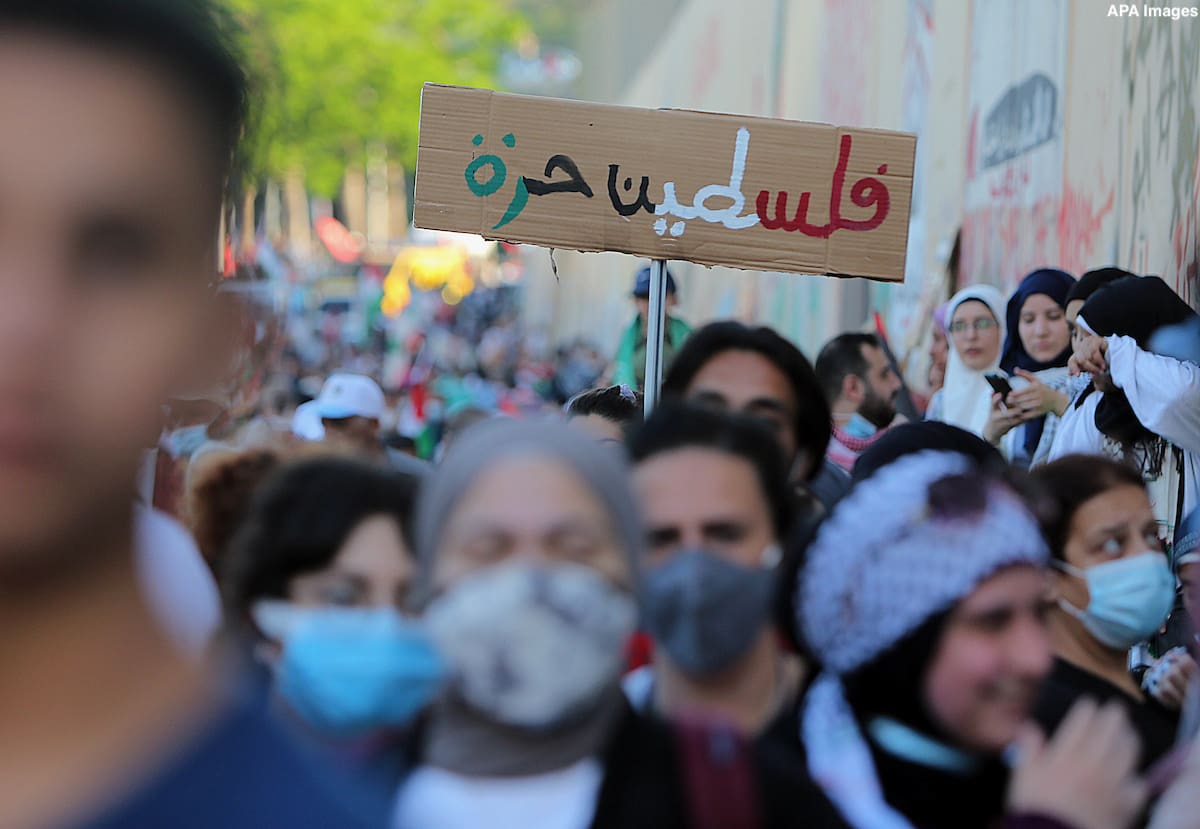
For decades, Lebanese and Palestinian leadership, as well as the international aid community, have been complicit in Palestinian refugees’ destitution in Lebanon’s camps. However, the tide is shifting. Al-Shabaka’s policy analyst, Mai Abu Moghli, examines how Palestinians in Lebanon have been increasingly staking claims to their rights through collective mobilization, charting a new and revolutionary path for themselves in the country.
Palestinian State-Building through Privatized City Planning
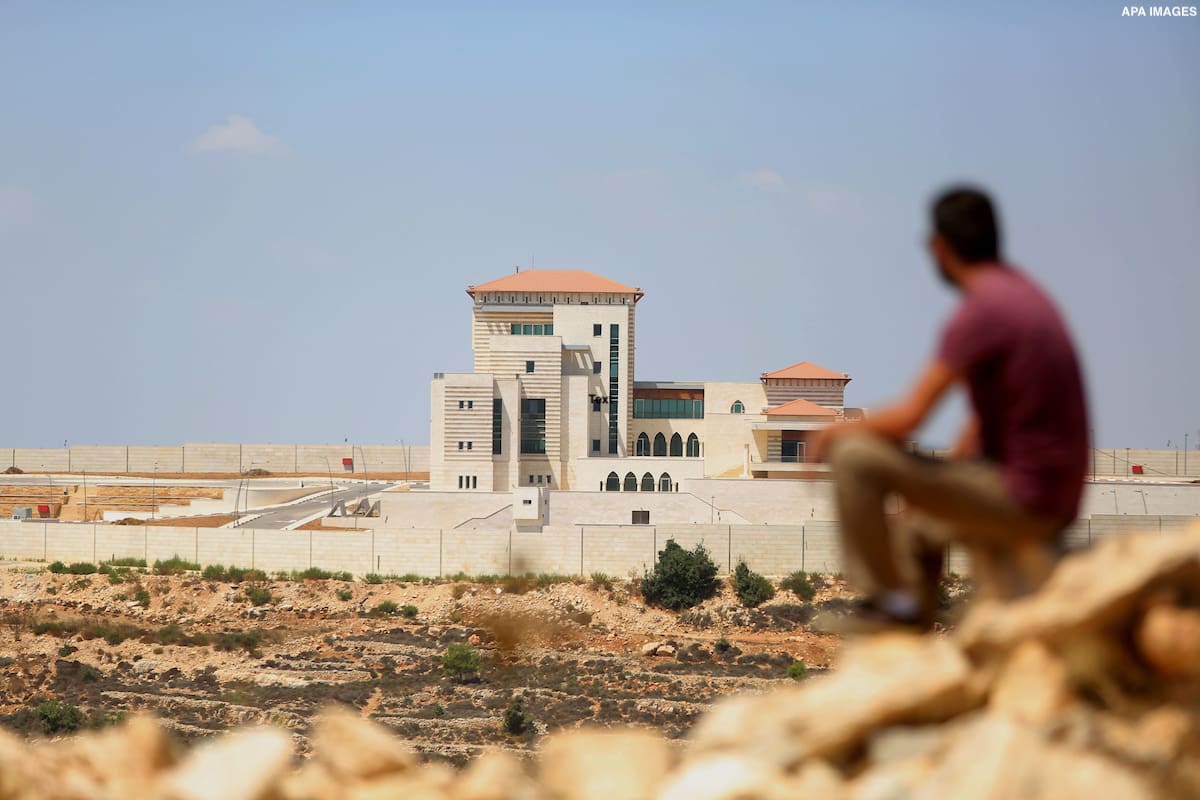
Palestinian leadership in the West Bank has invested heavily in privatized city planning during the post-Fayyad years in order to promote economic growth and state-scale stability. How have private, neoliberal housing development projects entrenched the status quo of Palestine’s subordination to Israel? Al-Shabaka sat down with policy analyst, 24449, to investigate this question and more.
Hamas: Dismantling the Dilemmas of Governance and Resistance
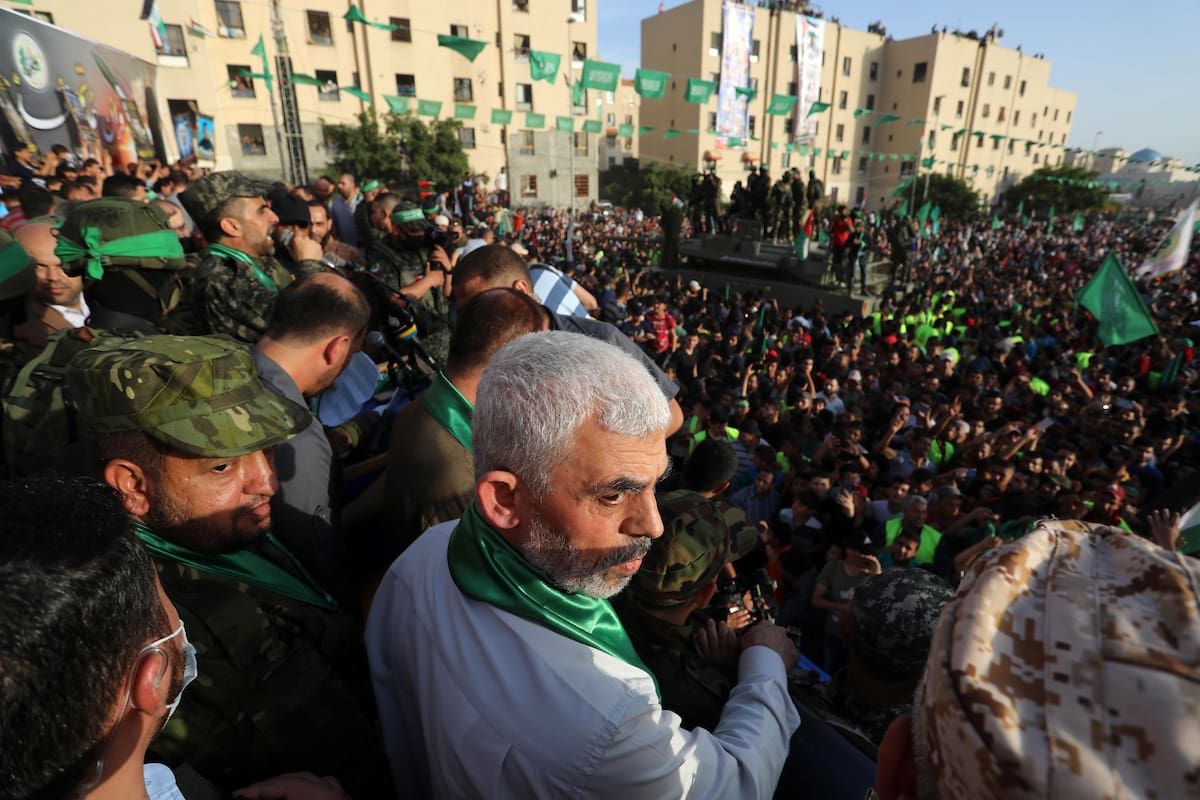
Hamas has achieved unprecedented support among Palestinians since May 2021. How has it developed as an Islamic resistance movement and as a governing body since its participation in the Palestinian political sphere in 2005? Al-Shabaka policy analyst, Belal Shobaki, investigates the ongoing fundamental dilemmas and challenges faced by the movement, and its different strategies to resolve them.






